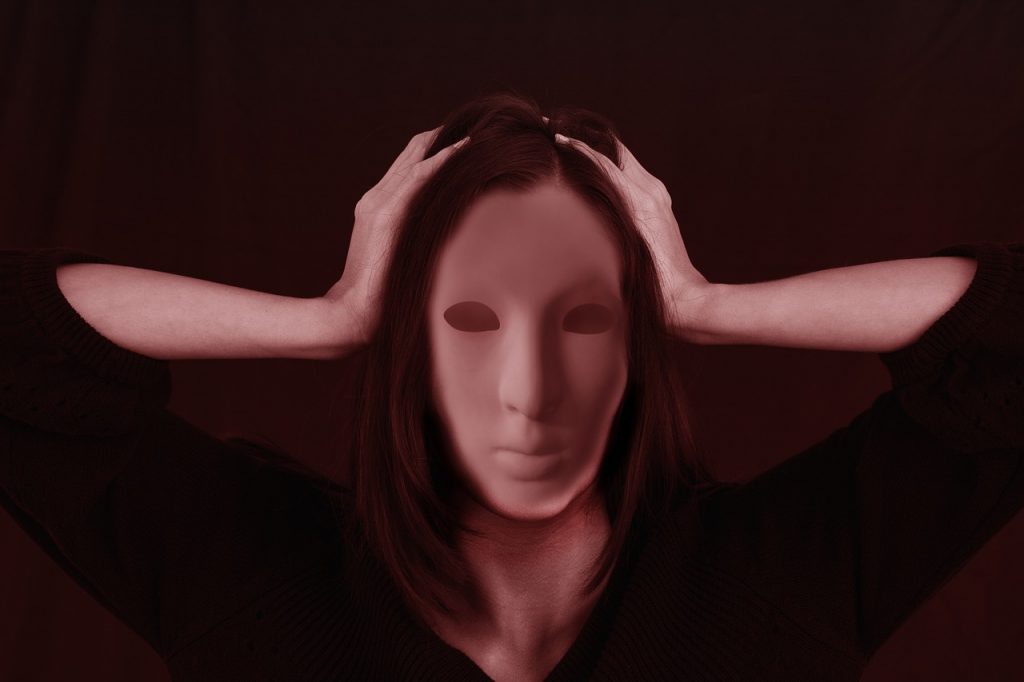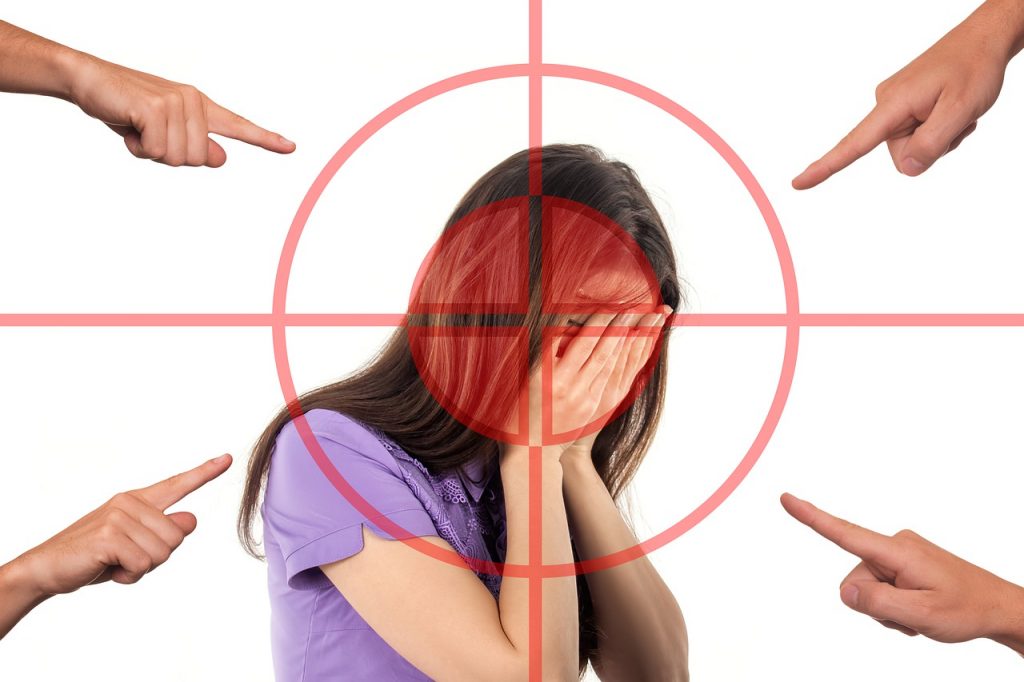
Source: pixabay.com
Mood disorders are caused by various factors that affect the typical attitude and behavior of a person. This condition can disturb the everyday life activities of an individual and can be very destructive. Awareness that you have a mood disorder is essential to avoid its complications since it can destroy your relationship and even family links.
Mood Disorder Overview
Everyday living is full of surprises that can either brighten your day or otherwise. The outcome of your day is the reflection of your mood. There are times that you experience extreme happiness and full of excitement, while there are also times you are enveloped with sorrow or misfortune on your life. Mood swings that can significantly contribute to the disruption of your daily life activities might be an indication of an impending or existing mood disorder.
What Is A Mood Disorder?
Mood disorders are a relevant condition change in mood that significantly disrupts the normal activities of a person. Depressive, manic and bipolar are the three primary existing states of mood disorder aside from other recognized subtypes. Major Depressive Disorder is the situation of a physically and mentally depressed mood while elevated moods are related to Bipolar Disorder. These disorders and subtype vary in intensity and severity for each.

Source: pixabay.com
Depression Overview
An effect of depression can usually lower self-esteem and self-confidence of the suffering person. In general, people with depression experience mood swings, sleep problems, behavioral changes, whole body effects, and either gain or lose weight which is unhealthy. If suffering from depression, you would probably feel like you’re forever defeated, easily angered and always ill-tempered in an unreasonable situation. You will also have that feeling of being alone and genuinely lonely, self-pity and for some, social avoidance. Depression also can lead to suicidal thoughts which are extreme. They too can manifest irritability, a pessimistic attitude, and violent reactions or behavior.
Mania Overview
Mania happens when a person is hugely and unusually in high spirits or energy. The mood is like having that feeling of ecstasy or in cloud nine. Euphoria is associated with this mood since it has similarities. These elevated moods usually last between three days or more. Classic Mania features are uncontrollable or too much talking, a few hours of abnormal sleep, a floating mind, poor judgment and lacking attention or focus on decision-making situations.
Cause And Effect Of Mood Disorders
Researchers and medical professionals cannot determine the leading cause of mood disorders but, it can be due to biological and environmental factors that have an impact on people. Mood disorders can be inherited if your family has a mental health history. As a family member, you have a greater chance to experience mood disorders. Previous traumatic life experiences and past humiliating situations may also be the reason of such mood disorders.
In some cases also, possibly an overdosage or the improper use of medicine may trigger such disorder. Mood disorders can create an environment full of darkness that can completely ruin someone’s life if it is not prevented. Bad vibes or energy and negativity is always a destructive factor in building a normal life.
Prevalence Of Mood Disorders
Approximately 20% of the general population have been found to suffer from mood disorders at any given point. In the U.S, 17% of the country’s population suffer depression at least once in their lifetime while only 1% of the general population is affected by bipolar disorder. However, there would be a possible lack of relevant data reading for manic mood disorder since the condition is often unnoticed. Researchers can find no record due to its unproblematic nature.
Diagnosis Methods
Mood disorders are mostly discovered when undergoing physical and mental health evaluations. Physician and specialists will surely conduct a physical exam to determine the possible cause of your abnormal mood. And you will further be subjected to a series of evaluations to check your mood and mental stability as performing by a mental health provider after your physical exam. Most individuals are hesitant for seeking advice and opinion on mood disorders due to the social stigma that consultation means you already crazy and abnormal.

Source: pixabay.com
Treatment Options
Mood disorders can be properly treated through medications and psychotherapy. The treatment of mood disorder is not for a lifetime or in a long way process. Awareness of the possible existence of a mood disorder is very important to consider to observe your unusual behavior and attitude pattern. It is better that treatment will be a preventive method than going to a situation that you need a very serious treatment due to already complicated and severe kind mood disorder.
There are anti-depressants and anti-anxiety medicines that can help in battling mood disorders. It will also ease one’s mental stress. But psychotherapy is still recommended to combine with medicines for effectiveness and better early result.
Psychotherapy or talk-therapy is mainly used as a treatment for patterns of behavior that might indicate mood disorders. Cognitive behavioral therapy is a benchmark treatment process.
According to Chris Iliades, MD, a mental health expert with over 20 years of experience in clinical medicine and clinical research, mental illnesses that respond well to CBT include:
Mood disorders like depression
Anxiety disorders
Phobias
Obsessive compulsive disorder (OCD)
Post-traumatic stress disorder (PTSD)
Substance abuse
“Cognitive-behavioral therapy teaches you to stop believing everything you think. False thoughts lead to negative emotions that drive behaviors, and those behaviors reinforce the false thoughts,” according to Scott Bea, PsyD. To prevent mood disorder complications, it is highly recommended to go through therapy, medicine, or both as prescribed by a mental health specialist. “You must work with a therapist to change the way you think, feel, and act. It requires education, understanding, and participation,” says Madhukar Trivedi, MD.
